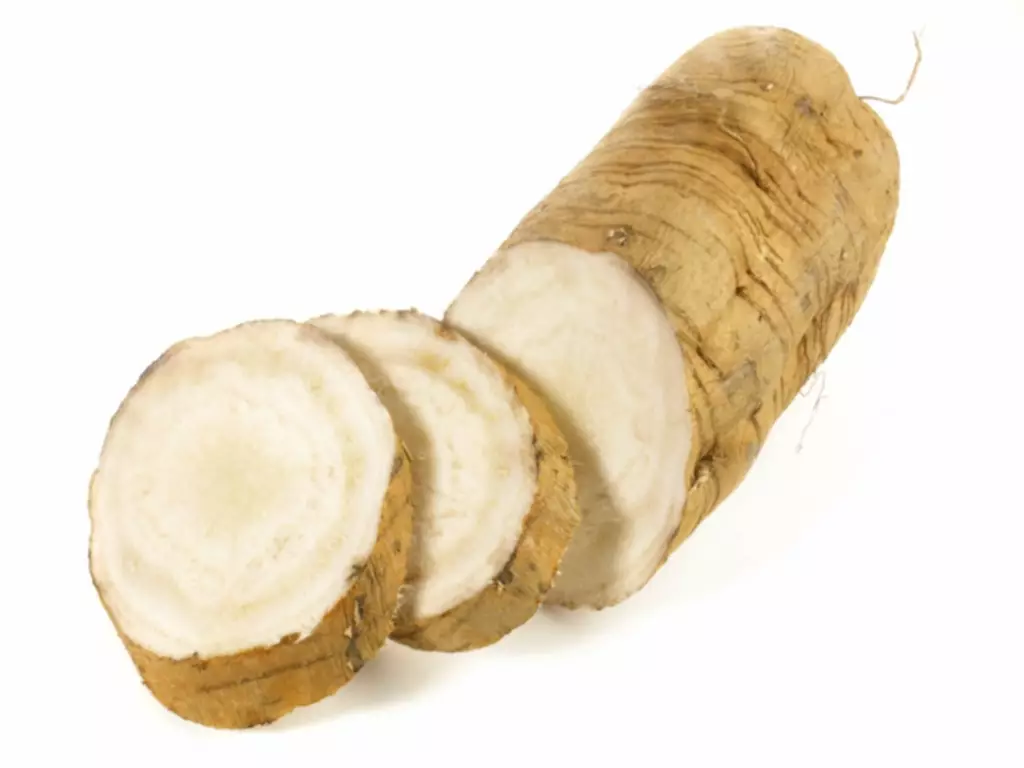What happens when you mix Eliquis and alcohol?
Content
The warning includes risks such as epidural or spinal hematoma (which could result in paralysis). It recommends not stopping Eliquis before completing therapy, and avoiding anti-inflammatory drugs, other blood thinners, and platelet inhibitors to decrease risk. It may be OK to mix Brilinta and alcohol with the permission of your doctor; however, it generally should be avoided. Brilinta is often prescribed with aspirin, increasing the risk of bleeding even more when alcohol is used. Mixing Pradaxa and alcohol has significant effects, as it increases the risk that bleeding will occur by boosting the effects of the Pradaxa.
Another study found that, compared to non-drinkers, people who drank more than 3 ounces of liquor per week had a 53% higher risk of DVT. Refill medications and get certain necessary prescriptions with K Health from home. Consuming more than the recommended amount can cause your blood pressure to spike temporarily. Alcohol consumption can cause an individual’s blood pressure to spike and ultimately lower. If you have just started taking a new medication such as a beta-blocker, you may be wondering how it may interact with alcohol.
Mixing Beta-Blockers and Alcohol
You can become more intoxicated as you drink more alcohol than is eliminated, which will result in an increase in your blood alcohol level. Always consult your healthcare provider to ensure the information displayed on this page applies to your personal circumstances. Additionally, heavy drinking may have an impact on one’s overall blood circulation.
Will one glass of wine thin your blood?
Alcohol, in low to moderate amounts, thins the blood, reducing the risk of clots. But moderation is key – and doctors don't recommend drinking alcohol to protect against DVT.
Both alcohol and blood thinners like Coumadin can thin your blood, so taking them together may increase their anticoagulant effects to the point where it increases your risk of hemorrhaging or bleeding. However, this lack of blood clotting caused by alcohol could also potentially increase your risk for hemorrhagic strokes or strokes that occur when weak blood vessels burst. The risk of “bleeds” or bleeding strokes also increases as a result of heavy alcohol use. Yes, drinking alcohol can thin your blood because it prevents blood cells from sticking together and forming blood clots. This is why some researchers suggest that the occasional drink can actually lower your risk of ischemic strokes or strokes caused by blocked blood vessels.
Diabetes Medications
If you do drink alcohol while on blood thinners, do so in moderation. For men under age 65, up to two drinks a day is considered moderate. Alcohol, in low to moderate amounts, thins the blood, reducing the risk of clots.

More intense side effects mean you might be more impaired after having one drink than you would typically be. Alcohol can make some medications less effective by interfering with how they are absorbed in the digestive tract. In some cases, alcohol increases the bioavailability of a drug, which can raise the concentration of the medication in your blood thinners and alcohol blood to toxic levels. If you take any medication—even over-the-counter (OTC) products—you should know that drinking alcohol might affect how your meds work. As prescriptions increase, so do patient questions, and one common query is, “Can I mix Eliquis and alcohol? ” First, let’s talk about the uses of Eliquis and other safety information.
How Does Alcohol Thin Your Blood?
Although alcohol affects different people in different ways, in general, it is quickly absorbed from your digestive system into your blood. The amount of alcohol in your blood reaches its maximum within 30 to 45 minutes, according to the National Institute on Alcohol Abuse and Alcoholism (NIAAA). In fact, there were more than 12 million prescriptions filled for Eliquis in 2018. This newer medication has nearly caught up to warfarin—also known by its brand name Coumadin—a classic blood thinner that’s been used since 1954.
- If you mix any type of anti-nausea drug with alcohol, the side effects of the medication can become more intense.
- Some drugs (often antihistamines) used to prevent and treat motion sickness can also be purchased over-the-counter.
- There are several risks related to mixing alcohol and blood thinners.
- A piece of the clot may also break off and enter the heart or lungs where it becomes wedged and may cause a heart attack or pulmonary embolism.
How quickly alcohol is absorbed depends on how quickly the stomach empties its contents into the intestines. If you eat a meal, especially one containing fat, before drinking, alcohol absorption will be considerably slower than drinking on an empty stomach and your blood alcohol level will be lower. But the carbon dioxide in champagne or the soda in a mixed drink increases the rate of alcohol absorption, causing a more rapid effect. Alcohol is metabolized — that is, broken down chemically so it can be eliminated from your body — more slowly than it is absorbed.
Anti-Nausea Medications
Keep in mind that the alcohol content of different types of beer, wine, and distilled spirits can vary a lot. Generally, the lower your body weight, the less blood and water you have. So, smaller people usually have a higher ratio of alcohol in their blood if they drink the same amount a heavier person drinks. Research shows that different people can have variations of the gene that produces these enzymes. The differences in these enzymes mean that some people metabolize alcohol differently from others. The NIAAA says that genetic differences in these enzymes may help to explain why some ethnic groups have higher or lower rates of alcohol-related problems.
Mild liver inflammation can occur in about 2% of people who take statins for a long time. While it typically gets better after stopping taking the medications, there has been concern that alcohol (which is metabolized by the liver) could potentially make liver inflammation worse. Certain types of anti-nausea medication can be used to help someone who is trying to stop drinking alcohol. When used under medical supervision, the combination can be an effective way to treat alcohol withdrawal. Angina (ischemic chest pain) is caused by reduced blood flow to the heart. If you have angina, you might be prescribed a medication called nitroglycerin.
Drinking more than two servings of alcohol daily increases the risk of blood clot development. A study conducted at Georgetown’s University Medical Center determined that alcohol found in approximately two drinks has the capability of decreasing platelet clumping. This clumping of platelets https://ecosoberhouse.com/ as well as other factors is an essential component of the blood clotting process. As most of us know, drinking alcohol heavily can impact many areas of your health. Alcohol consumption can have so many effects that it can sometimes be hard to keep track of what it is doing to your body.
